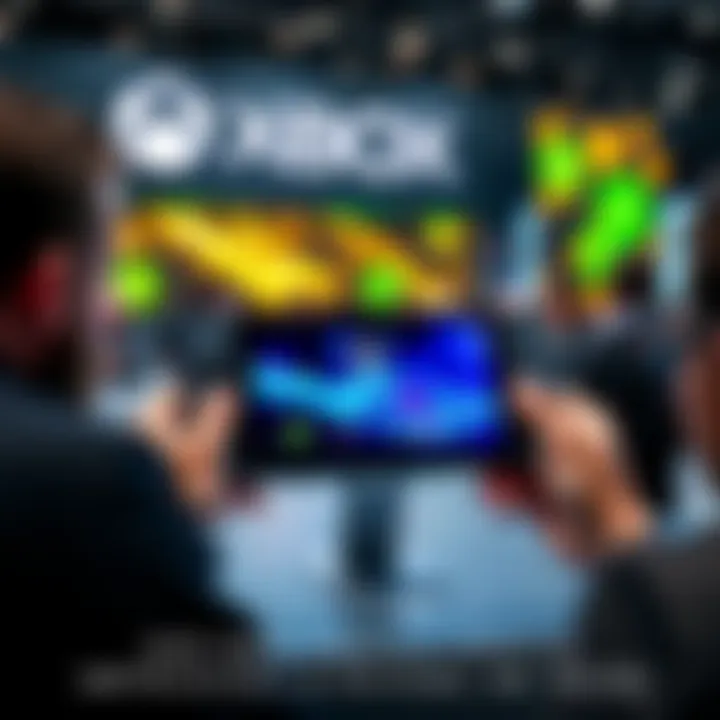This Is Not An Xbox! | New Xbox Gaming Handheld Sparks Debate
Edited By
Julia Forester

Recent Controversy Surrounds Microsoft Handheld Gaming Device
A storm is brewing in the gaming community over Microsoft's latest handheld device. Released during the recent Xbox Showcase, many are questioning if it truly deserves the Xbox title or if it's just a rebranded Asus product. The discussion reflects deeper concerns about branding in the gaming industry.
Context and Significance of the Handheld
Gamers are buzzing about the new gadget, with some feeling it falls short of what they expect from Xbox. The device, a collaboration with Asus, purportedly features a user-friendly interface tailored to Xbox fans. However, it doesn't support a full library of previous Xbox games, leading to accusations that it lacks the authenticity of a true Xbox device.
Key Discussion Points
Brand Authenticity: "Microsoft says it is and have officially put their name on it," argues one commenter. This highlights the tension between branding and hardware authenticity.
Hardware Ownership: Many argue that since it is based on an existing Asus model, it cannot be considered an Xbox product. "It's not an Xbox handheld because it’s an Asus handheld," claims another user, raising questions about how much alteration constitutes a new product.
Market Reactions: Despite the mixed reviews, some see potential in the device's collaboration. "I think it’s a smart move from Xbox. Honestly, if they manage to bring the price down a bit, I might even buy it myself," states another commenter.
"Would this then be deserving to be called an Xbox?" — a thought-provoking question considering the precedent set by Sony's PSP and PS Vita.
Sentiment Analysis
The sentiment surrounding the handheld device is mixed. While there are praises for its design and potential, skepticism dominates discussions regarding its legitimacy as an Xbox product. The community is split, with strong opinions on both sides.
Key Takeaways
🚫 Many believe the device lacks true Xbox heritage due to its Asus origins.
💡 Some gamers see promise if the handheld can offer broader game compatibility.
🔄 The device's partnership could redefine branding strategies in gaming.
As Microsoft continues to innovate, the debate over what constitutes an authentic gaming device is likely to persist, prompting further discussions about brand ownership and gaming culture.
Future Outlook for Microsoft’s Handheld Device
There’s a strong chance that Microsoft will make adjustments based on feedback from the gaming community. If sales numbers indicate a demand for broader compatibility, experts estimate around 60% probability that the tech giant will implement software updates to include more Xbox titles. Additionally, as competitors ramp up their handheld offerings, Microsoft may reconsider its branding strategy. If the device doesn't catch on this year, there's a significant possibility they will either redesign it completely or pivot to a different market. This response to community sentiment and market performance could ultimately redefine how hardware partnerships are viewed in the gaming space.
A Historical Lens: The Apple Newton Revisited
The discussion surrounding Microsoft's handheld is reminiscent of the tumultuous launch of the Apple Newton in the 1990s. Although it was marketed as a cutting-edge personal assistant, many criticized it for lacking essential features and alignment with Apple’s brand values. Similar to today's debates about the Xbox handheld, the Newton faced scrutiny for being perceived as an incomplete product engineered by Apple's ambitions. Just as technology brands are learning to navigate the waters of user expectations and product authenticity today, Apple eventually adapted and cultivated its messaging, leading to the eventual success of the iPad years later. This scenario underlines how a product's reception can pivot a company’s strategy, impacting brand identity long-term.
